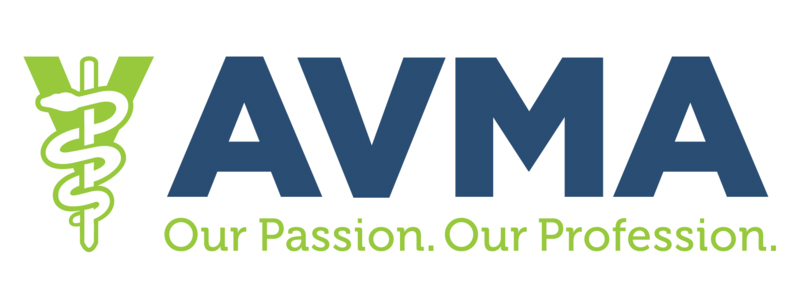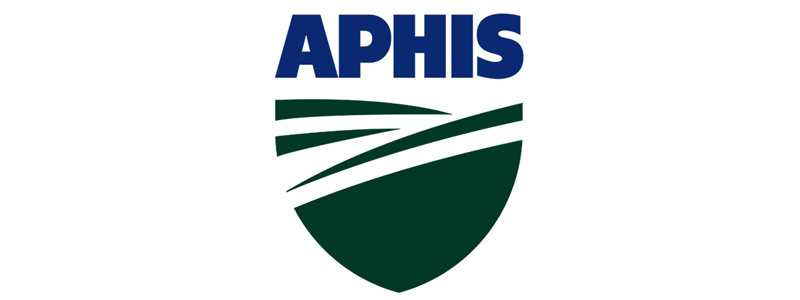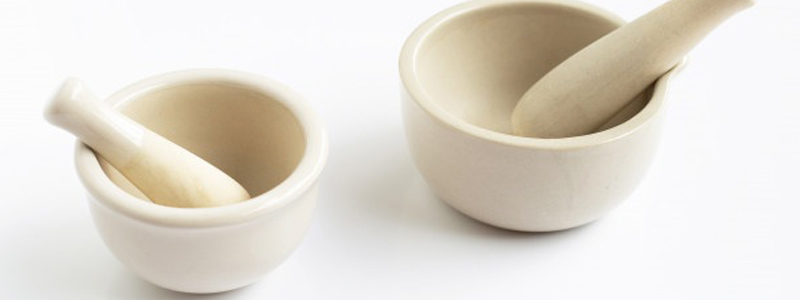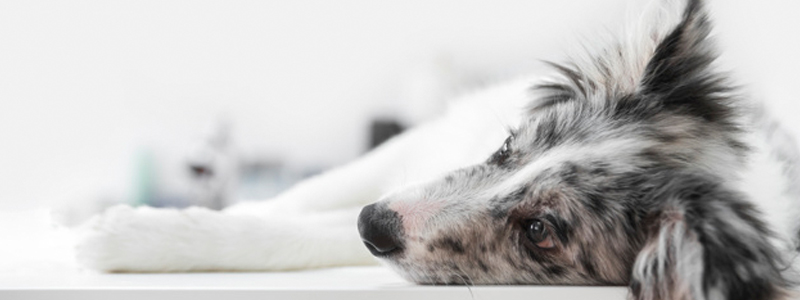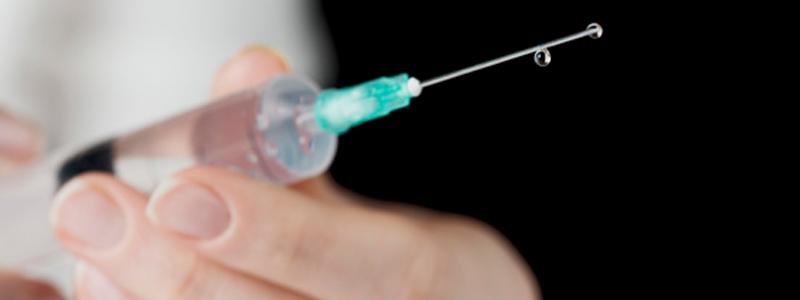By: Samantha Bartlett
On January 11, the AVMA House of Delegates (HOD) voted on new policies regarding humane management of horse cribbing and on microchipping of animals. Delegates also approved recommendations on new topics raised at the Veterinary Information Forum held January 10.
Cribbing is an equine behavior in which a horse places its incisor teeth on a solid object such as a fence rail. In 2019, the AVMA Animal Welfare Committee (AWC) cited the practice of placing metal hog rings around the teeth of horses to prevent cribbing. These rings cause damage to the gingiva and teeth of the horse and also lead to periodontal disease. The new policy condemns the practice of placing hog rings or other devices around the teeth of horses to prevent cribbing. The policy also encourages further research into finding and addressing the underlying cause(s) of cribbing in horses.
The policy on microchipping was a collaboration of the Council on Veterinary Service, the State Advocacy Committee and Animal Welfare Committee. The entities acknowledge valid reasons to scan new patients and existing patients for implanting microchips; however, a policy dictating situations, frequency or procedures for scanning microchips may interfere with state laws of property ownership. Therefore, there is a need to scale down the existing policy. The approved policy endorses implantation of microchips in companion animals and equids and supports standardization of equipment, materials and registries. Veterinary teams are encouraged to recommend microchip implantation to their clients with the objectives of accurately identifying and reuniting animals with their owners, identifying for regulatory purposes such as health certificates, and accurate identification of animals prior to providing medical or surgical treatment. The policy also supports RFID (Radio Frequency Identification) technology based on ISO 11784/11785 standards
The HOD also voted to work on development of a toolkit and an awareness campaign to protect practitioners, students and other members of the veterinary team against potential liability issues related to student externs and volunteers. Another recommendation approved by the HOD was for continued development of guidelines for online veterinary care and telehealth.

